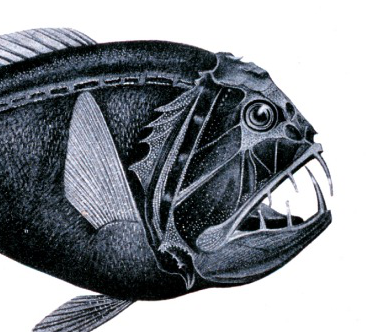Biological oceanography Biology Climate Change
Tiny but tough: calcification in marine phytoplankton
Coccolithophores stand out from other marine phytoplankton in their ability to form calcified plates. Why is it beneficial for coccolithophores…
